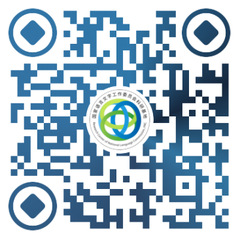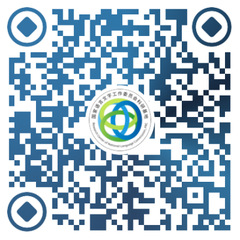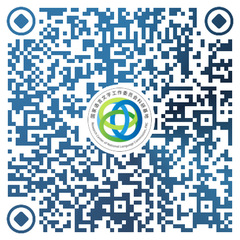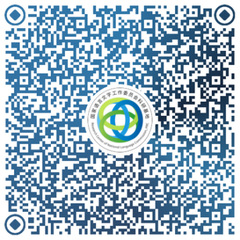语言研究院、中国外语战略研究中心成立十周年庆祝活动
主题:Key priorities for effective linguistic and intercultural education in the post-method era:a constructivist approach
时间:2017年12月11日下午3:30-5:00
地点:上海外国语大学虹口校区5号楼602会议室
讲座人:Svetlana Kurteš博士(跨文化教育活动欧洲联盟副主席)
主持:余华博士(上海外国语大学语言研究院)
讲座内容简介:
如何将“后方法教学法”运用于解构跨文化教学中的跨文化语用?如何解读并解构《欧洲共同参考框架》(2001)及其后一系列语言政策文本的多语主义?语言学习与教学有最好的实践经验可循吗?跨文化教育活动欧洲联盟的副主席Svetlana Kurteš博士提出语言交际能力和跨文化意识的发展需要跨学科与跨教育层级的联合努力。
The presentation intends to (i) address a range of issues in the area of linguistic and intercultural education, its current status and challenges it faces on a day-to-day basis and (ii) identify possible avenues for its future development, responding to the requirements of an ever-evolving globalised professional arena. The presenter takes the post-method pedagogy (Kumaravadivelu 2001) as her anchor point and deconstructs interculturality from the point of view of intercultural pragmatics (Kecskes 2014; Kurteš & Kopytowska 2015; Larina 2015, etc.) and multilingualism from the point of view of the Common European Framework of Reference (2001) and the subsequent literature pertaining to language policy matters and their implication to research (e.g. Porto & Byram 2016, etc.).
The presentation will offer a brief overview of the current state of affairs in linguistic and intercultural education, focusing in particular on a few staple items on its agenda, such as cultural literacy (Hirsh 1988), democratic citizenship (Starkey 2002) and internationalisation (De Wit et al 2015). The presenter is specifically interested in identifying current examples of best practice in language learning and teaching, suggesting that the development of communicative competence and intercultural awareness requires cross-curricular presence and a joint effort across educational levels.
Reflecting on her own pedagogical practice, the presenter will illustrate her position by presenting a possible teaching and assessment model which she has been working on recently. Addressing specifically the needs of ‘digital natives’ (Prensky 2001), the models make ample use of digital technologies, encouraging the students to explore the world in a manner more attuned to their cognitive processing and facilitating their intercultural journey, professional, academic and personal.
讲座者介绍:

Dr Svetlana Kurteš is a UK-based scholar, specializing in linguistic and intercultural education, applied linguistics, (intercultural) pragmatics, discourse analysis, sociolinguistics and English language studies. She has a wide international scholarly and pedagogical experience in educational linguistics, language teaching, professional communication, intercultural studies and language advising in higher education contexts spanning over two decades. Her most recent academic engagement has been a research post at Texas A&M University Qatar and she has taught and done research at universities in the UK (incl. University of Cambridge), Portugal, Serbia, Azerbaijan, etc.
The focus of her research clusters around interdisciplinary approaches to communication, culture and society and issues surrounding their pedagogical applications and practical implications. Since 2010 she has been Vice-President of the European Network for Intercultural Education Activities (www.enieda.eu), having initiated, coordinated and convened a significant number of its activities. A member of several scholarly associations and editorial boards or academic journals, she is also a Fellow of the Higher Education Academy, UK. She regularly presents and publishes internationally.







